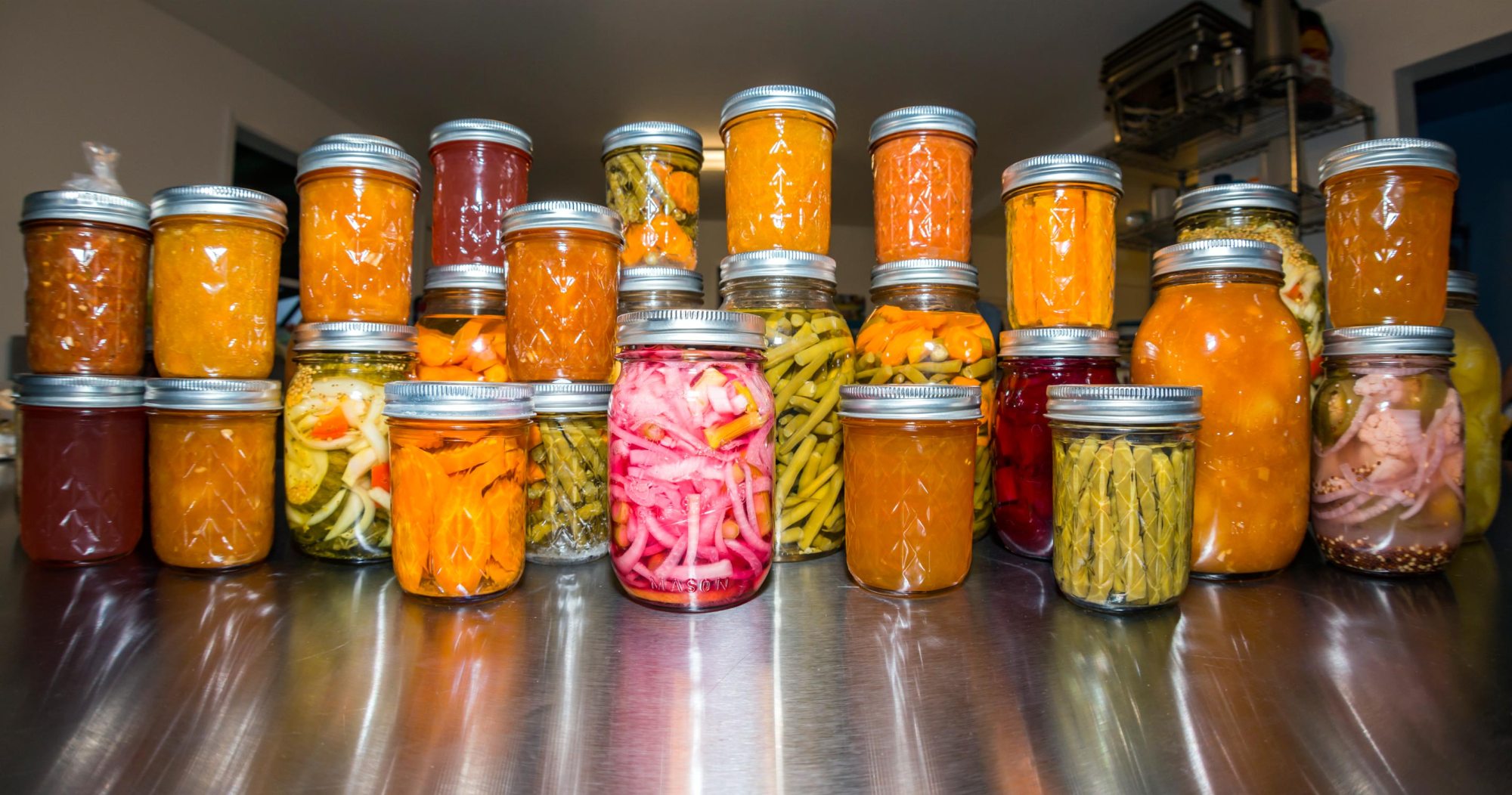Hawaii Master Food Preserver Certificate Program


Each student will take home a large variety of preserved items upon completion of the Hawaii Master Food Preservers class. Daniel Lane photo
The Hawaii Master Food Preserver Certificate Program will begin classes on Kauai in March. Class are on March 30, March 31, April 01, April 07, April 8, April 13, April 14 and April 15 from 1 to 7 p.m., at the classroom and kitchen facilities located at Waipa Foundation in Hanalei.
Instructors are, Luisa Castro, a certified Master Food Preserver who has taught agricultural professionals about food safety on the farm and is now a Program Coordinator for professional development courses at CCECS as well as, Kalen Kelekoma, a certified Master Food Preserver who has taught children and adults on Kauai and Oahu. He is the Special Projects Manager with the Waipa Foundation and runs the weekly Waipa Farmers Market, coordinates Poi Day, festivals, events, and workshops for the Foundation.
What to Expect from the Hawaii Master Food Preserver Certificate Program
To become a Master Food Preserver, a person receives extensive, in-person training in the latest technology and information available in the field of home food preservation. This is done over an eight day period, six hours per day, running for three weeks. In return, the student agrees to become an ongoing volunteer in the field of safe home preserving with the College of Continuing Education and Community Service, doing such things as developing and hosting exhibits, writing articles for the paper, and teaching others in the community about safe canning.
Our training is very hands-on. You won’t just learn how to preserve numerous types of food (from fruits to fish). You learn the why, what resources to use to keep up to date, and how to go out and spread the word about safe canning.
- Day 1: Food Safety
- Day 2: Making and Preserving Fruit Spreads
- Day 3: Canning Acid Foods
- Day 4: Canning Low-Acid Foods
- Day 5: Pickling and Fermenting
- Day 6: Freezing and Dehydration
- Day 7: Oral Presentations by Students*
- Day 8: Final Exam* and Graduation with Official Certificate
*Oral exam and final exam (open book) are mandatory.
Tuition is $200. Registration is on a first come, first serve basis. Training includes instruction, curriculum, cookbooks, supplies, and food products used in the kitchen. If you have questions or are ready to register, email Louisa at luisac@hawaii.edu, or call Shay at 808-974-7664.
